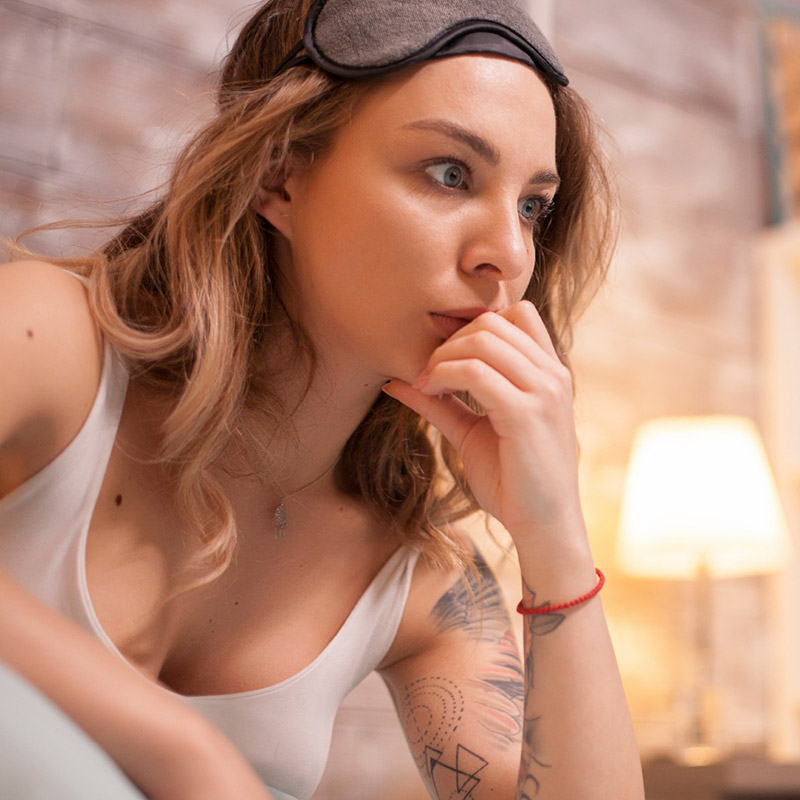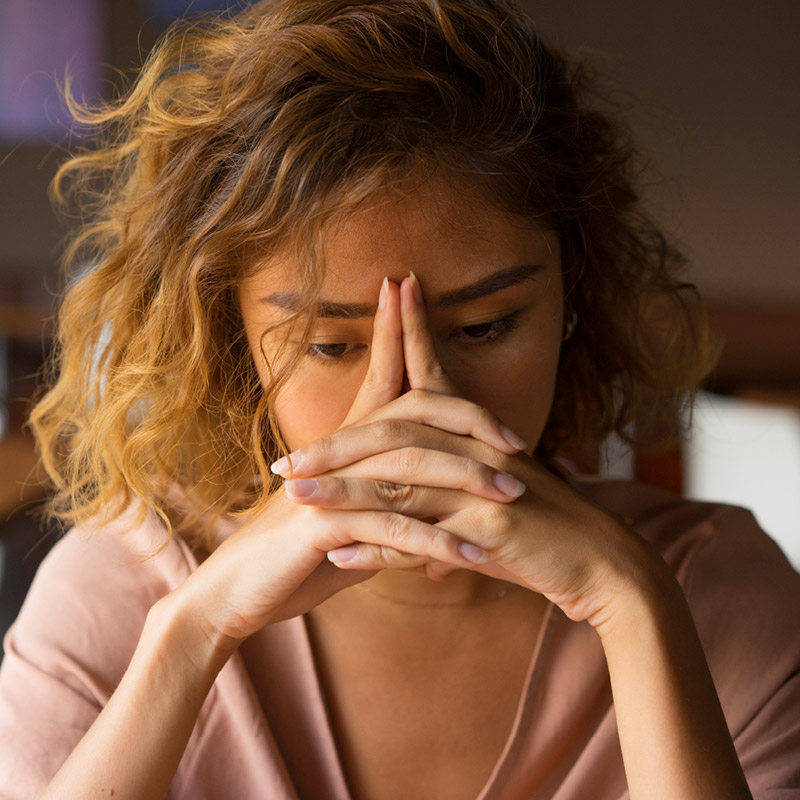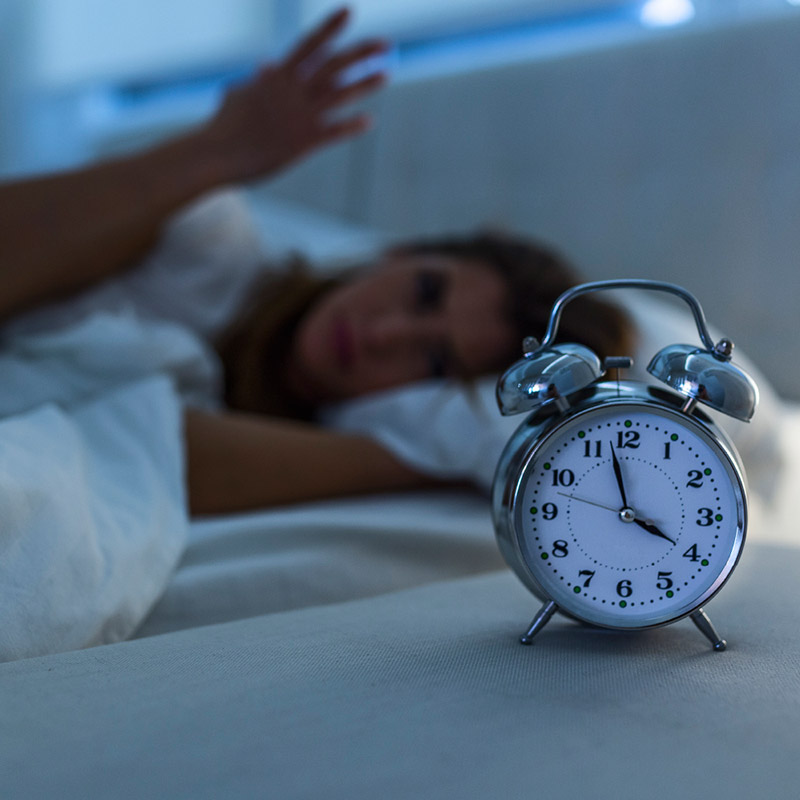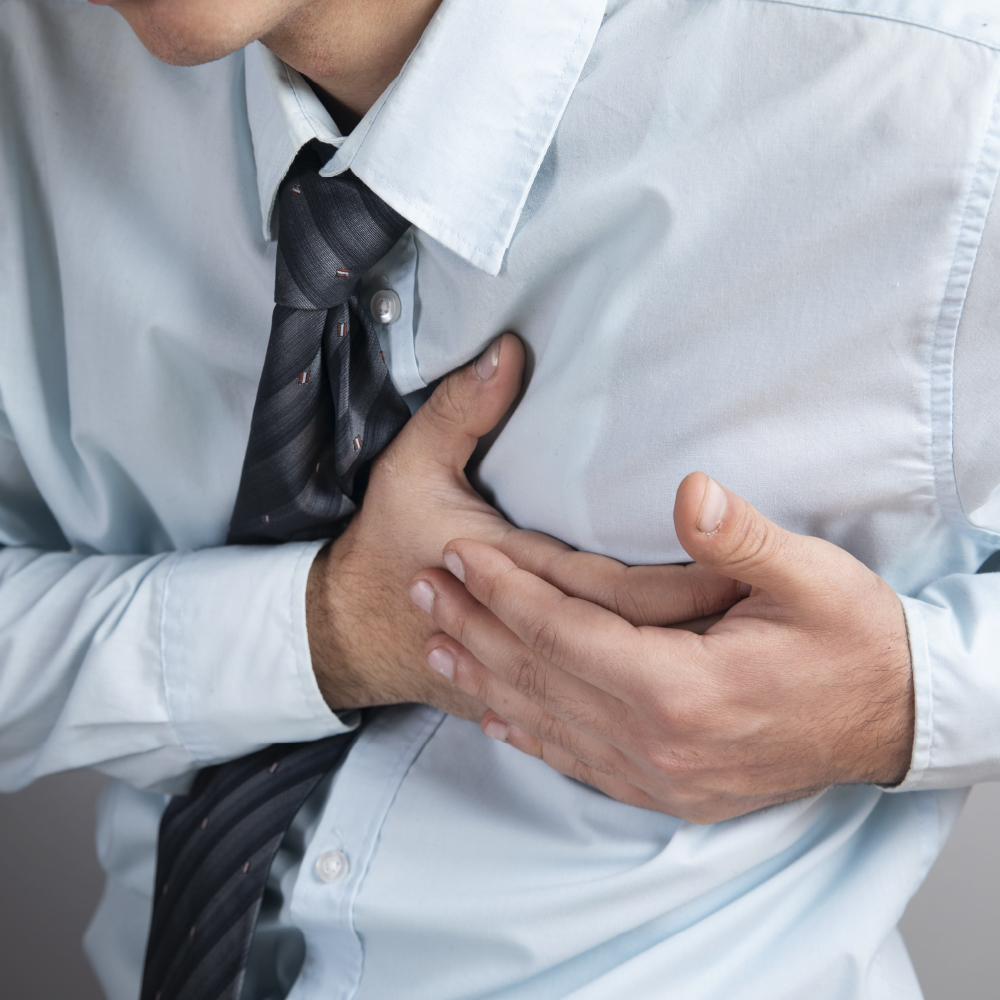ANXIETY STATES
Sleep disturbances and anxiety disorders

Sleep disturbances and anxiety disorders are among the most frequent pathologies of the new millennium. According to the most recent statistics, about 1 in 5 people have problems related to sleep or linked to anxiety states, or even with both disorders.
The latter possibility seems to be due to the fact that these problems are often linked to one another: in fact, disorders related to anxiety states can lead to insomnia and, on the other hand, not resting adequately can lead to an altered psychic state during the day.
These conditions can play a role that goes beyond the simple psychic sphere: in fact, one of the most frequent physical responses that may affect people with anxiety disorders is anxiety-related tachycardia, also known as “rapid heartbeat”, This which can be attenuated with the reduction of the feeling of anxiety.





